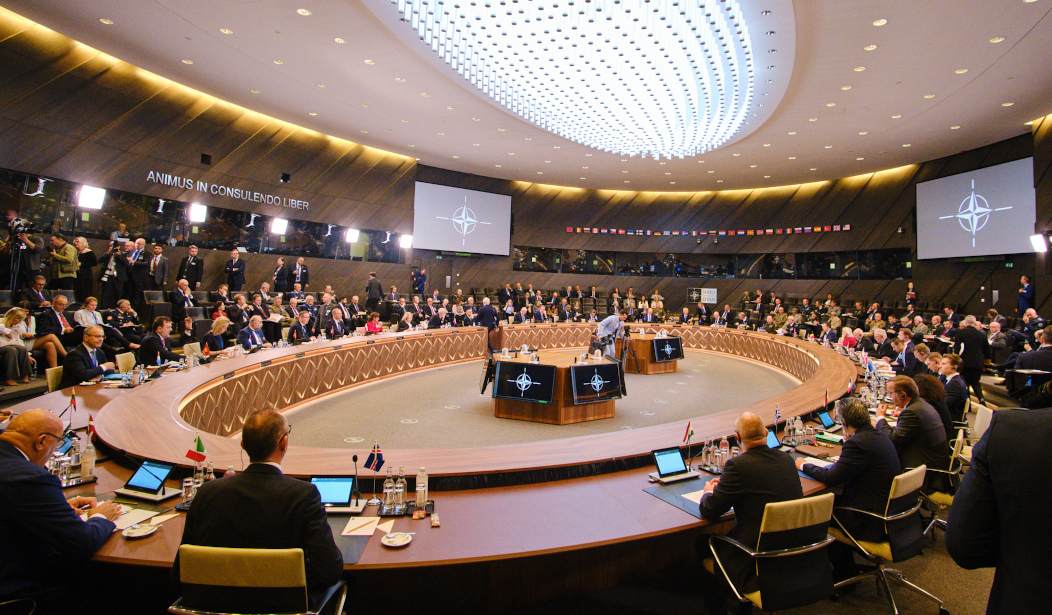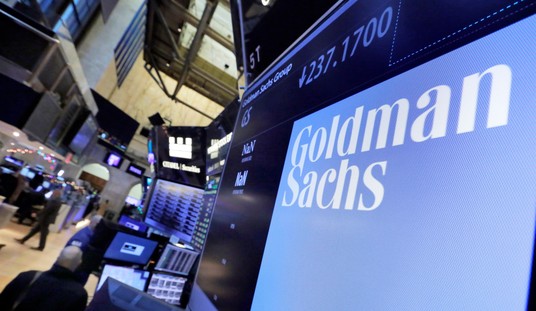Poland recently closed its border with Belarus in response to the Russian-Belarusian Zapad 2025 military exercise and Russian drone incursions. Caught in the crosshairs of this border closure is China, 90 percent of whose EU-bound rail freight travels across the Poland-Belarus border. Warsaw takes a clear-eyed view of China’s role in supporting Russian aggression, prioritizing national security over economic interests. In the long term, Polish leaders will have to rethink their economic relations with Beijing.
Other European governments have taken action to counter Beijing’s influence, such as Lithuania’s and the Czech Republic’s engagement with Taiwan and other U.S. allies in the Asia-Pacific, while Lithuania has also expelled Chinese diplomats.
In contrast, Hungary, Slovakia, and Turkey—NATO member states, two of which are in the EU—have been working against the U.S.’s interests by fueling the war in Ukraine through purchases of Russian oil and deepening their cooperation with China—Washington’s top foreign enemy—on economic and security matters. This is a concerning trajectory that requires swift action.
All three countries are active members in the Belt and Road Initiative (BRI); all three have developed strategic partnerships with China, signing onto agreements and memoranda of understanding; and Turkey is a dialogue partner in the Shanghai Cooperation Organization (SCO).
In 2024, Hungary signed 18 bilateral agreements with China to boost economic, security, and cultural ties, including an agreement that allows Chinese police to patrol Hungary’s streets.
This year, China and Hungary reportedly finalized the terms of an extradition treaty, and Hungary’s Foreign Minister Péter Szijjártó—along with Slovakia’s Prime Minister Robert Fico—attended Xi’s Victory Day Parade in Beijing. Chinese companies continue to invest across Hungary, namely electric vehicle battery companies like BYD and CATL and Chinese tech companies like Huawei.
As for infrastructure projects, the Budapest-Belgrade railway, a BRI project, is expected to be finished in 2026. In 2022, Europe’s first 5G container terminal opened in northeastern Hungary, fully equipped with Huawei technology.
During a recent meeting with Chinese officials in Beijing, Szijjártó commended the strength of Hungary-China bilateral relations.
In 11 years I have met Foreign Minister Wang Yi 23 times. Our regular dialogue shows the strength of Hungarian–Chinese relations, which are now stronger than ever. pic.twitter.com/SvE4AGDWhf
— Péter Szijjártó (@FM_Szijjarto) September 3, 2025
In a post on X, he refused to label China a systemic rival, instead referring to Beijing as an important partner, and urged the US to develop its ties with China, which runs counter to the Trump administration’s efforts.
Brussels is wrong to label China a “systemic rival” of the EU. Cooperation with China offers major benefits and opportunities for Europe. The fact is: Western European and Chinese companies are driving each other’s success.
— Péter Szijjártó (@FM_Szijjarto) September 3, 2025
For Hungary, the two most important partners outside…
Beijing views Hungary as a key gateway for expanding its influence across Europe, given the country’s central location on the continent and its leadership’s eagerness to cooperate.
SEE ALSO: A New Axis of Evil May Be Forming in Asia
Beijing’s Victory Day Parade: A Show of Weakness and Propaganda, Not Strength
It appears that President Trump and those around him are well aware of—even concerned about—Hungary’s growing cooperation with China, though. Earlier this year, a top US envoy warned Hungarian leaders to be vigilant about the risks associated with Chinese investments. Speaking at a business forum in Budapest, Donald Trump Jr. urged Hungary to choose the U.S. over China as a business partner.
Despite these warnings, Hungary has refused to reduce its economic ties with China, with Hungary’s Economy Minister Márton Nagy saying the following:
We don’t see an investment potential from the US that would be on par with China. We have a very pragmatic position.
Hungary must be applauded for its stand against globalism and left-wing extremist ideology—from its refusal to take in migrants and its strengthening alliance with Israel to its decision to classify Antifa as a terrorist organization, following the Trump administration’s lead. Today, Hungary is one of the safest countries in Europe, and there is no question why that is the case. But Budapest’s embrace of Beijing makes its fight against global Marxism fall flat—and quite frankly, it poses a national security concern from an American standpoint.
Slovakia’s relationship with Beijing, though not as extensive and developed as that of Hungary, continues to expand, encompassing trade, Chinese investment, and people-to-people exchanges.
Similarly, Turkey—a strategic partner of Beijing since 2010—has been growing closer to China. Sino-Turkish relations have a complex history, alternating between periods of friendship and cooperation, tension, and cautious engagement.
Ahead of the SCO meeting in Tianjin earlier this month, Turkey and China agreed to deepen cooperation relating to the BRI and the Middle Corridor, as well as to work together in the areas of technology, counterterrorism (Beijing exploits this against the Uyghur diaspora; also ironic considering Ankara supports Islamist groups), and tourism.
China views Turkey as vital to its ambitions as well due to its strategic location at the crossroads of Asia and Europe.
President Trump has shown a strong understanding of Turkish President Recep Tayyip Erdoğan’s tactics, evident in a strongly worded letter he sent Ankara during his first term and in his characterization of the Assad regime’s overthrow last year as an “unfriendly takeover” by Turkey. President Trump is set to host Erdoğan at the White House later this week, where the two leaders are expected to reach deals ranging from defense to energy. We will see what comes out of this meeting.
It is clear that there are two categories of countries: those that are willing to align with our national security interests when it comes to countering China, as imperfect as they may be, and those that are actively working to expand their relations with the CCP, enabling America’s top foreign enemy that happens to be prolonging the war in Ukraine.
Now is the time to pressure these NATO countries to choose sides—offering carrots when appropriate but not being afraid to use the stick, which aligns with President Trump’s approach.
They are either on our side or aligned with Beijing. If these countries side with Beijing, Washington will have to impose costs. They will learn the hard way that working with the CCP carries serious economic and security consequences in the long run.
America First means having partners that are willing to work with us—not with countries that seek to destroy us.
Editor’s Note: Do you enjoy RedState’s conservative reporting that takes on the radical left and woke media? Support our work so that we can continue to bring you the truth.
Join RedState VIP and use the promo code FIGHT to get 60% off your VIP membership!














Join the conversation as a VIP Member